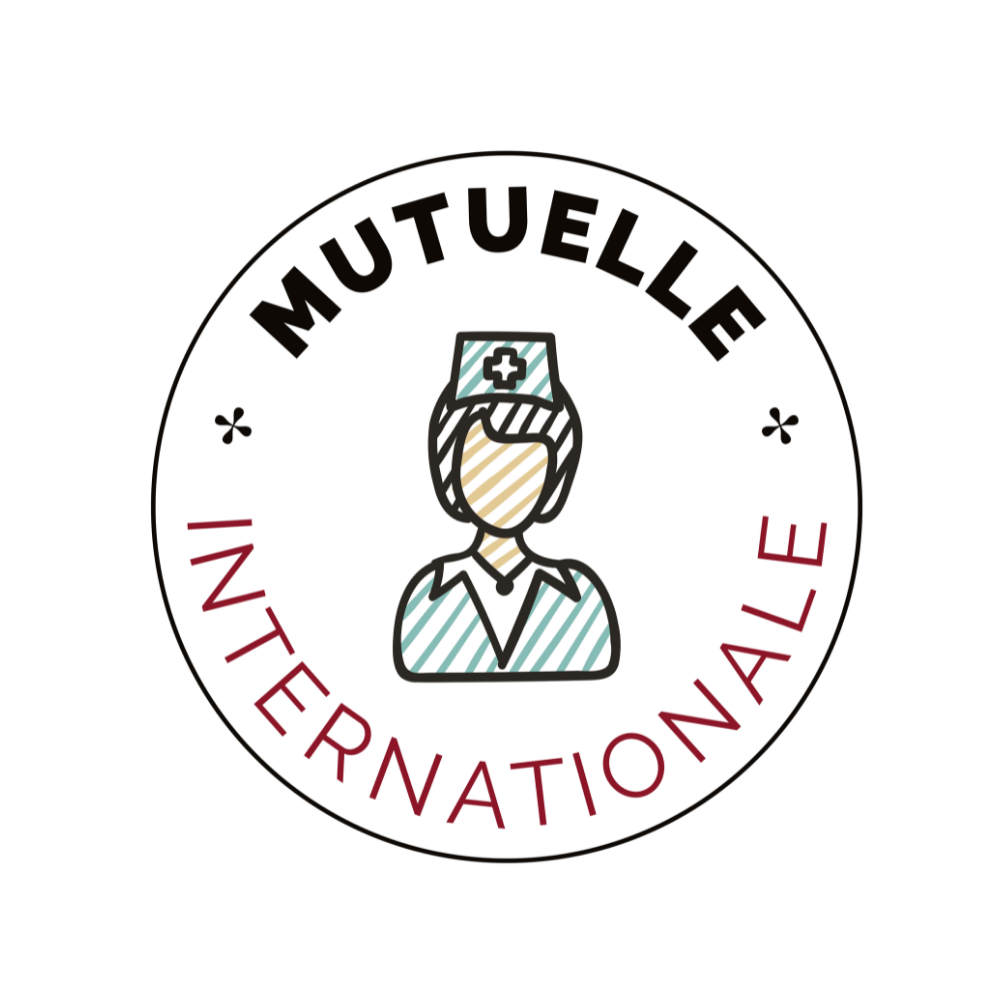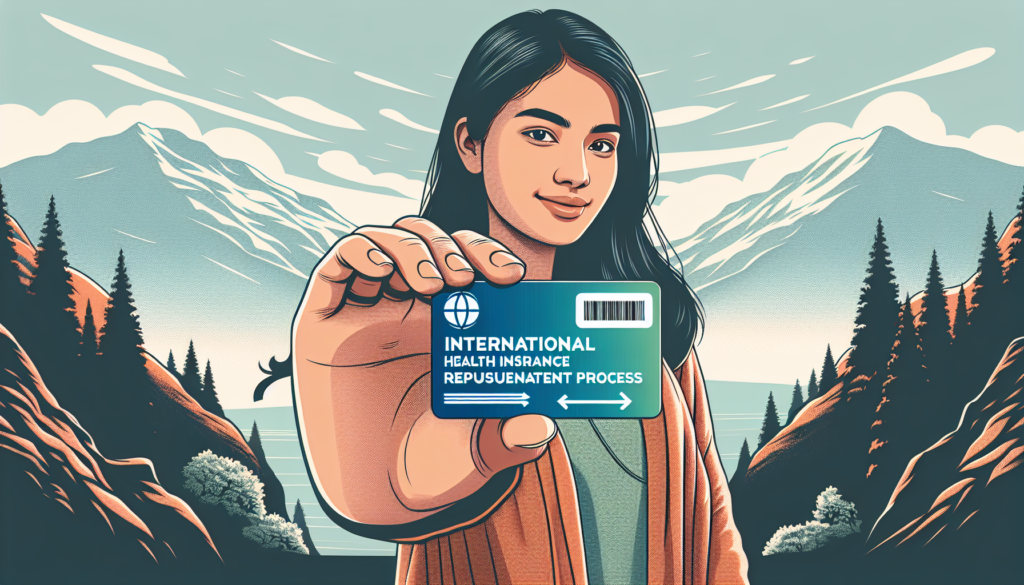Find out how to anticipate and effectively manage medical emergencies abroad with adapted international health insurance. An essential for traveling peacefully and safely!
Understanding the different types of medical emergencies

Critical medical emergencies
Critical medical emergencies are those that immediately endanger the person’s life. When traveling abroad, this can include situations such as heart attacks, strokes and serious accidents. International health insurance is required to cover these incidents to ensure that you receive the necessary care quickly, regardless of which country you are in.
A good international health insurance plan generally offers:
– Access to well-established healthcare networks abroad.
– Coverage for emergency surgical procedures.
– Medical evacuation and repatriation if local facilities are not sufficient.
Non-critical but urgent medical emergencies
These emergencies require immediate care but are not necessarily life-threatening. They can include fractures, severe infections or acute episodes of chronic illnesses such as asthma or diabetes. Although less dramatic than critical emergencies, they still require rapid treatment to avoid complications.
Key Coverage Points:
– Fast consultation fees with specialists.
– Management of urgently prescribed medications.
– Medical follow-up after initial treatment.
Minor injuries and common discomforts
Traveling often puts you at risk of minor injuries like cuts, minor burns, or common ailments like headaches or indigestion. Although these issues are not serious, they can still significantly disrupt your trip.
Comprehensive international health insurance should include:
– Access to medical consultations for minor injuries and discomfort.
– Coverage of first aid and follow-up care.
– Possibility of remote consultation or teleconsultation, especially if you are in a remote area.
Tropical and regional diseases
When traveling to specific regions, you could be exposed to tropical or endemic diseases such as dengue, malaria or yellow fever. These illnesses require rapid and specialized treatment, which is often unavailable in local health services.
Your insurance must offer you:
– Vaccinations and prophylaxis before travel.
– Access to medical centers specializing in tropical diseases.
– Coverage for the diagnosis and specialized treatment of contracted infections.
Support for psychological trauma
Psychological trauma is an often overlooked but equally important category of medical emergencies. Stressful situations like travel accidents, assaults or even simple culture shock may require immediate psychological support.
Services to include in your insurance plan:
– Telephone assistance available 24/7 for psychological support.
– Reimbursement of consultations with psychologists or psychiatrists.
– Access to telemedicine services for remote therapy sessions.
By understanding the different types of medical emergencies and ensuring your international health insurance coverage is tailored to these needs, you will be able to travel with peace of mind, knowing you are prepared for any eventuality.
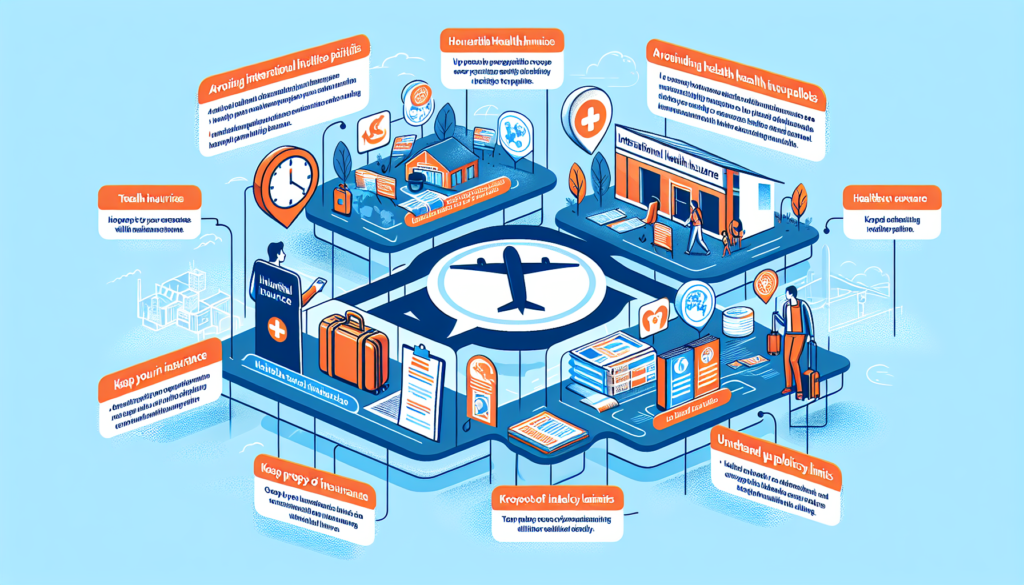
Discover the pitfalls to avoid when it comes to international health insurance to travel with peace of mind and effectively protect your health abroad. Essential reading to avoid unpleasant surprises and choose the best coverage suited to your needs. Coverage…
Choosing a hospital or clinic abroad

The importance of choosing the right healthcare facility
When traveling abroad for business, it is crucial to know how to choose a hospital or clinic that suits your needs. The quality of medical services varies from country to country, and it is important to be well prepared to deal with a medical emergency. Good international health insurance often includes a network of quality establishments, which greatly facilitates the selection process.
The essential criteria to consider
To choose a hospital or clinic abroad, several criteria must be taken into account:
- Accreditations and certifications: Check if the establishment has recognized international accreditations, such as the Joint Commission International (JCI).
- Language spoken : Make sure the medical staff speaks English or another language you are familiar with to avoid any communication barriers.
- Proximity : Choose an establishment that is easily accessible from your place of residence or work.
- Medical specialties: If you have specific needs, check that the hospital or clinic offers the necessary medical specialties.
Use the resources of your international health insurance
Your international health insurance is a valuable resource to help you choose a healthcare facility abroad. Often, insurance companies offer:
- A network of medical partners respecting high quality standards.
- Customer service available 24/7 to answer your questions and concerns.
- Assistance in arranging appointments and transportation to facilities.
Do not hesitate to contact your insurer for a list of recommended establishments in your destination country.
Collect opinions and recommendations
Reviews and recommendations can play a crucial role in your decision. Here are some ways to collect them:
- Check out forums and travel groups on social media specializing in health.
- Ask your colleagues or friends who have already traveled to the same region for recommendations.
- Inspect hospital websites to read patient reviews.
Prepare a list of establishments before your departure
It is advisable to prepare a list of hospitals and clinics before leaving your country. This list must include:
- Contact details of establishments (address, telephone number, website).
- Medical specialties offered and languages spoken.
- Accreditations of establishments.
- Opinions and recommendations collected.
Having this list on hand can save you time and stress in an emergency situation.
Financial considerations and coverage
Finally, it is essential to check that the chosen establishment is covered by your international health insurance. Contact your insurer to confirm coverage terms, including:
- Costs covered (consultations, hospitalization, medications).
- Reimbursement procedures.
- Direct partnerships make it possible to limit advance expenses.
By following these tips, you will be better prepared to choose the right hospital or clinic abroad, ensuring your health and peace of mind during your business travels.
How much does international health insurance cost?
Find out when and how to use your international health insurance, as well as the associated costs. Immerse yourself in this article to learn everything about the importance and benefits of international health insurance tailored to your needs. Why does…
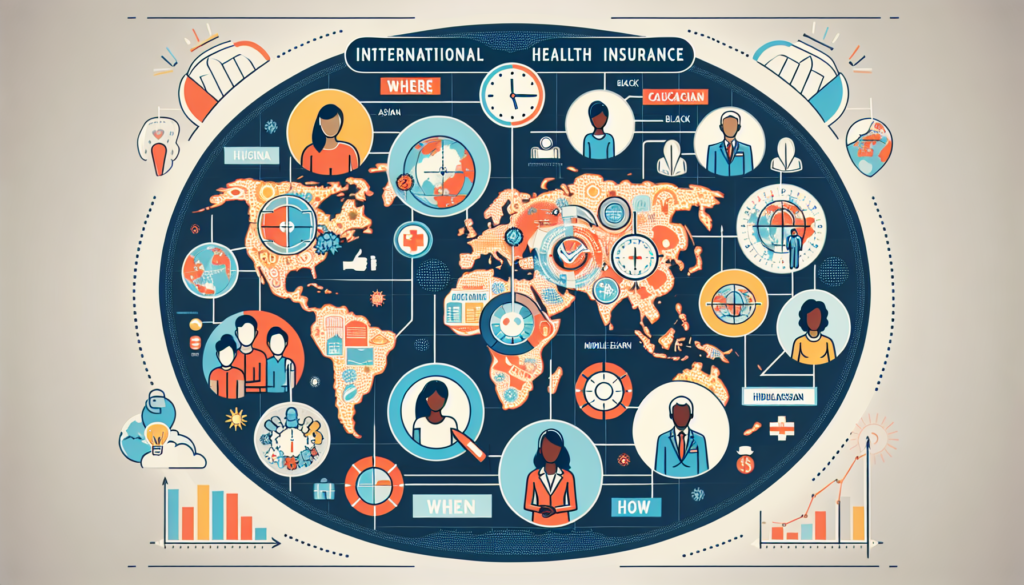
Where to use your international health insurance?
“Find out how to optimize your international health insurance for worry-free travel! When and where to best use your medical coverage abroad? Follow our advice to travel with peace of mind.” Where to find medical care abroad? The importance of…
Administrative procedures in the event of an emergency
Understand administrative procedures in the event of an emergency
Emergency administrative procedures for international health insurance can seem complex, but good preparation and a clear understanding of the necessary steps can make these stressful situations easier to manage. Here’s what you need to know to be prepared in the event of a medical emergency abroad.
Contact your insurer immediately
In the event of a medical emergency, the first action to take is to contact your insurer. Most international health insurance plans offer 24/7 telephone support. This assistance can guide you on the first procedures to follow and guide your decisions.
Gather the necessary documents
Have the following documents on hand:
– Your international health insurance card
– Contact information for your insurer
– Relevant medical records (if available)
These documents will facilitate identification and rapid treatment by your insurer.
Consult licensed healthcare providers
It is crucial to consult healthcare providers approved by your insurance. This ensures that medical expenses will be taken care of without complications. Check with your insurer for a list of approved healthcare providers in your area.
Request and keep supporting documents
When you go to the doctor or a health establishment, make sure to:
– Request detailed invoices
– Keep all payment receipts
– Obtain medical reports
These documents will be essential for the coverage and reimbursement of your medical expenses by your international health insurance.
Follow the claim reporting procedure
Each international health insurance company has its own claims reporting procedures. Here are the general steps to follow:
– Complete the claim form from your insurer
– Attach proof of expenses and medical reports
– Send these documents by post or via an online platform if available
Respecting reporting deadlines is crucial for rapid treatment.
Use repatriation assistance if necessary
In the event of a serious situation requiring an urgent return to your country of origin, repatriation assistance may be essential. Your insurer will be able to organize and cover this repatriation, including the medical personnel necessary to accompany this trip.
Follow the reimbursement procedures
After receipt and validation of the documents by the insurance company, follow the instructions for reimbursement. Check the entire process regularly to ensure all parts are accounted for.
Adopting a proactive and knowledgeable approach to administrative procedures can greatly facilitate the management of medical emergencies abroad. Having comprehensive and responsive international health insurance gives you the peace of mind you need to face these situations with complete peace of mind.
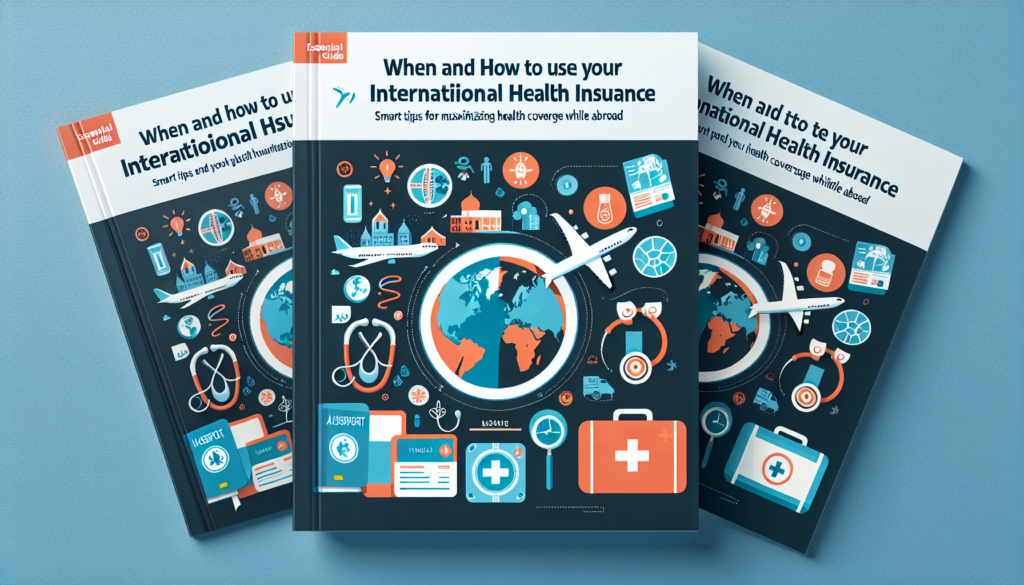
How to use your international health insurance?
Discover the keys to effectively using your international health insurance! When and how to call on your protection for medical care abroad? Answers in this essential article! When and how to use your international health insurance? : How to use…

When to use your international health insurance?
Discover the keys to getting the most out of your international health insurance! When and how to best use it? An essential guide to optimal protection when traveling abroad. When and how to use your international health insurance? : When…
The importance of medical coverage when traveling
Health risks abroad
When traveling abroad, health risks can be very different from those encountered in your home country. Depending on the destination, you could be exposed to tropical diseases, extreme weather conditions, or even less developed medical infrastructure. It is crucial to know these risks before your departure to better prepare yourself.
Why take out international medical coverage?
Taking out international medical coverage is essential for several reasons:
- Access to the best care: Good coverage gives you access to quality, often private, healthcare facilities that are more equipped to effectively treat a wide range of illnesses and injuries.
- Avoid high medical costs: Medical costs can be exorbitant in some countries, including the United States. International health insurance can cover these costs, saving you from unexpected expenses.
- Repatriation assistance: In the event of a serious medical emergency, repatriation to your country of origin may be necessary. This costly operation is generally covered by good international health insurance, thus removing a major source of stress.
The key elements of good international health insurance
There are several important things to consider when choosing international health insurance:
- Coverage for primary and specialized health care: Make sure that the insurance covers not only visits to the general practitioner but also consultations with specialists.
- Emergency care: Check that emergencies are covered, including hospitalization costs and surgical procedures.
- Medicines: Comprehensive insurance must also cover the costs of prescription medicines, which are often high abroad.
- Dental and optical care: If you have specific needs, find out if these types of care are also covered.
Choosing the right insurance provider
The choice of provider is as crucial as the choice of coverage. Here are some criteria to help you make an informed choice:
- Reputation: Find out about the reputation of the insurer, by looking at online reviews and asking for recommendations.
- Quality of customer service: Good customer service is essential, especially in an emergency situation. Make sure the insurer offers 24/7 support.
- Ease of claiming: Opt for providers who offer a quick and easy claims process, so you can get your money back without much hassle.
Additional precautions to take
Even with excellent medical coverage, it is recommended to take some additional precautions:
- Inform your insurer: Inform your insurer of your destinations and the length of your stay to avoid any surprises.
- Carry a first aid kit: Always keep a first aid kit with basic medicines and necessary equipment.
- Avoid unnecessary risks: Be careful and avoid risky behaviors that could put your health at risk.
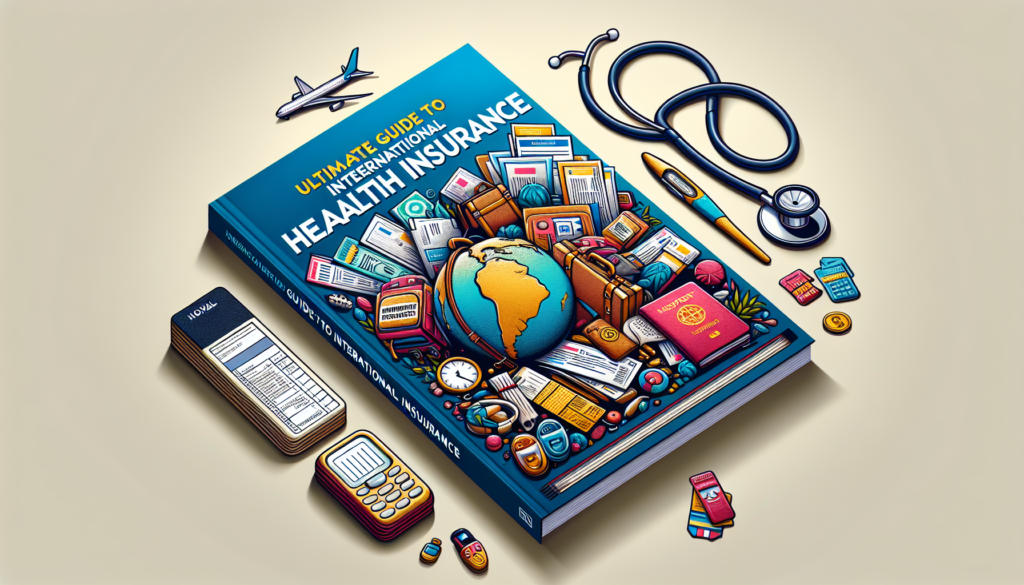
What is international health insurance?
Find out how to get the most out of your international health insurance! When and how to use it effectively to protect yourself when traveling abroad? Learn all about this essential type of insurance to guarantee your well-being while traveling.…
24/7 medical assistance: A vital service
Immediate medical assistance: Why is it crucial?
Traveling for business presents many challenges, and one of the biggest is dealing with medical emergencies. Imagine yourself traveling on the other side of the world and faced with an unexpected health situation. Having access to medical assistance 24/7 is not a luxury, but a vital necessity. This guarantees you rapid and efficient treatment, thus reducing stress and potential complications linked to your state of health.
Access to qualified healthcare professionals
One of the major advantages of international health insurance is access to qualified healthcare professionals, wherever you are. Whether it is an emergency medical consultation or a simple request for information, you can count on a global network of doctors and specialists ready to assist you at all times. This service not only offers you peace of mind but also a guarantee of the quality of the care received.
Coverage of medical expenses abroad
Another key benefit of 24/7 medical assistance is the rapid coverage of medical expenses. Costs of care can vary greatly from country to country, and these expenses can quickly become exorbitant. Good international health insurance will cover these costs, saving you from paying large sums out of pocket. This coverage generally includes:
- Medical consultations
- Hospitalization costs
- Prescribed medications
- Surgical interventions
Repatriation assistance: A safety net
One of the essential services offered by 24/7 medical assistance is repatriation assistance. In the event of a serious situation requiring an emergency return to your country of origin for appropriate care, this service takes care of all logistical and administrative procedures. This includes medical transport and support by competent healthcare professionals, thus guaranteeing your safety in all circumstances.
Constant availability, anywhere in the world
No matter where you are, 24/7 medical assistance is available to you, whether you are in Asia, America or Europe. This global availability is made possible through multilingual call centers and reliable local contacts. You can receive medical advice or organize an emergency evacuation at any time of the day or night.
Responsive and personalized customer service
Finally, one of the aspects that is often underestimated but equally crucial is the quality of customer service. 24/7 medical assistance not only provides you with care, it also supports you through all stages of your medical emergency. Whether it is to understand the steps to follow or to obtain rapid reimbursements, responsive and personalized customer service makes all the difference.
With all these benefits, it is clear that 24/7 medical assistance is an essential service for anyone traveling for business reasons, ensuring you can focus on your professional obligations without the slightest worry about your health.
Coordinate with local healthcare professionals
Importance of international health insurance
International health insurance is essential for anyone who frequently travels abroad, whether for business or personal reasons. It helps cover medical expenses in the event of unforeseen health issues while traveling, providing much-needed peace of mind.
Quick and easy access to care
When traveling abroad, it is crucial to be able to access medical care quickly and easily. Quality international health insurance policies typically have extensive networks of healthcare professionals with whom they collaborate, ensuring high-level care.
Choosing the Right Healthcare Provider
The quality of care can vary greatly from country to country. It is therefore essential to choose a local healthcare provider recognized by your international health insurance. Sometimes, your insurer will even be able to recommend specific establishments with which they have partnerships.
Effective communication with local healthcare professionals
Clear communication between you, your insurer, and local healthcare professionals is crucial. Make sure your medical records are translated into the local language or a universally recognized language like English. This will greatly facilitate understanding between the different parties involved.
Understand local medical protocols
Each country has its own protocols and medical standards. Becoming familiar with these can help you better understand the treatment offered and make informed decisions. Your international health insurance can often provide information on local procedures.
Repatriation assistance in case of emergency
In the event of a serious medical emergency, the repatriation assistance option becomes essential. This coverage allows you to be repatriated to your country of origin to receive appropriate care. Check that your insurance policy includes this option and understand the associated conditions.
Reimbursement management
No one likes being left with mountains of paper to sort through, especially when it comes to health. Good international health insurance makes it easier to manage reimbursements by offering quick and easy claims processes. Set up a dedicated file or application to track your healthcare expenses and reimbursement requests.
Responsive customer service
The quality of your insurance customer service is an essential factor. When traveling internationally, you may need emergency information or assistance. Responsive customer service accessible 24/7 is therefore a major asset.
Practical recommendations
To better manage medical emergencies abroad, here are some recommendations:
- Always carry a copy of your health insurance policy.
- Write down local emergency numbers and your insurance contact details.
- Know where the healthcare facilities recommended by your insurer are located.
- Keep a list of your essential medications and allergies on hand.
